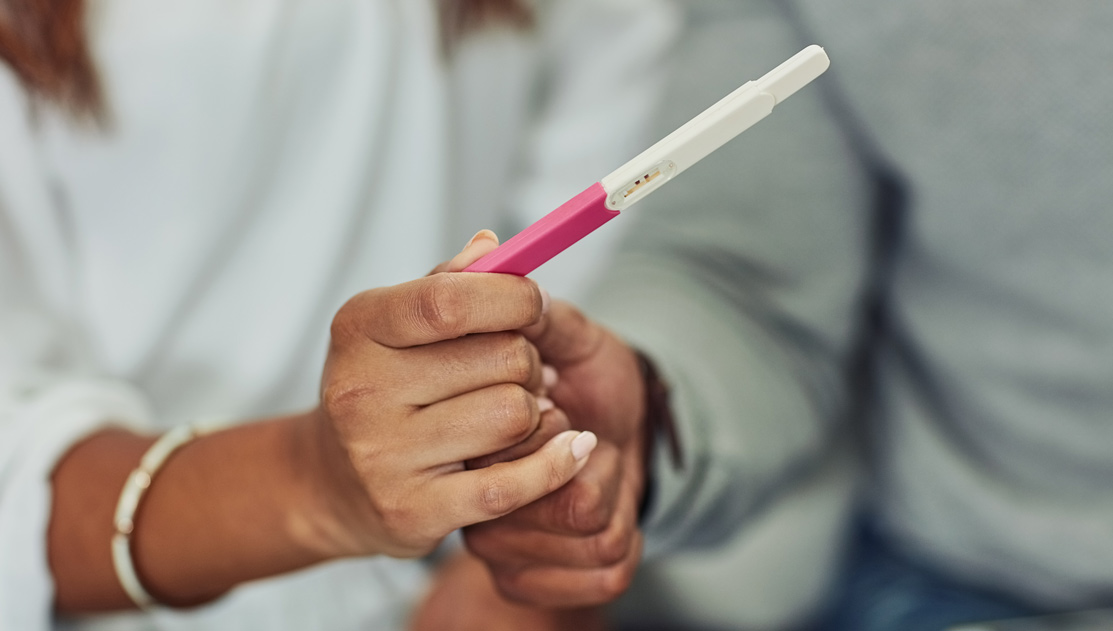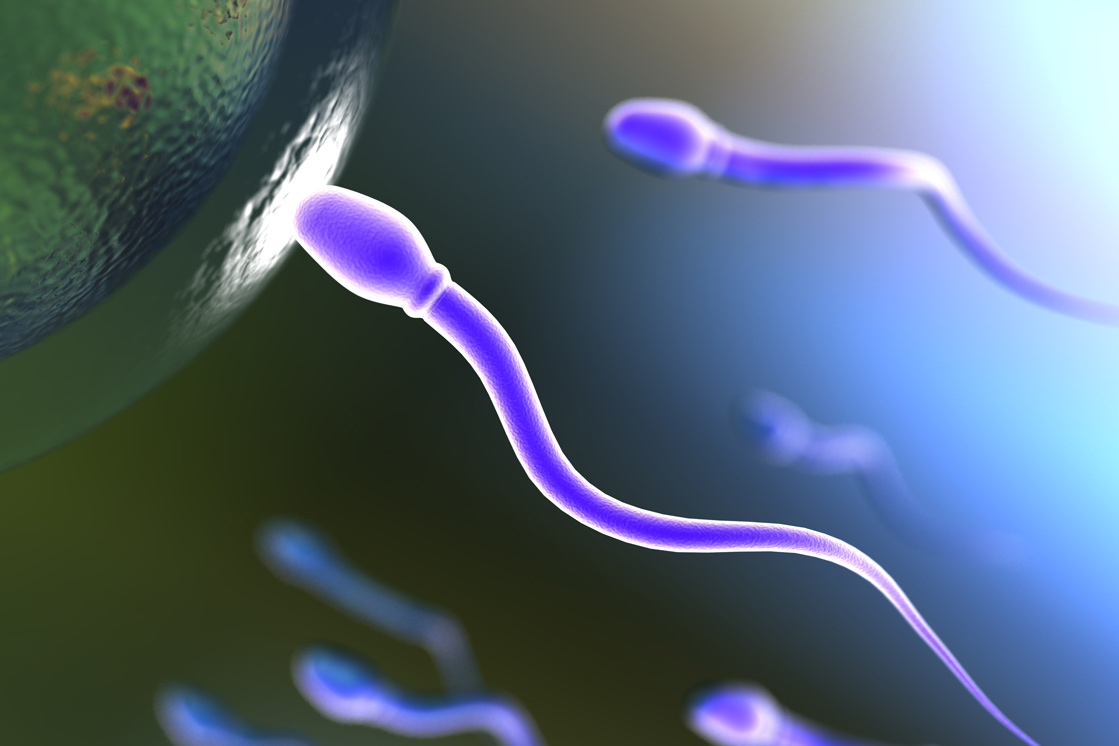There’s no doubt that getting pregnant and having a baby can be emotionally fraught and can cause lots of anxiety – especially when things don’t always go to plan. We are asked many questions about fertility problems, IVF, test results and more. All questions are valid and we aim to put our patients’ minds at ease by answering their every query as best we can to give them peace of mind.
We sat down with Dr Gorgy so he could answer some of your questions about fertility problems and fertility treatment:
I have low AMH levels. What can I do?
“When women are born they have a finite number of eggs. Hundreds of these are lost each month. This number increases with age and some women will lose their eggs faster than others. Low AMH (ovarian reserve) should not stop you from trying to conceive either naturally or through IVF. It means that you have a lower number of eggs in reserve and you will produce less number of eggs if you have IVF. The quality of the eggs depends far more on your age. If you are young you might produce fewer but better quality eggs. Unfortunately, there isn’t any way to increase your egg reserve. You can possibly try DHEA tables which might increase the number of follicles and increase the number of eggs you produce particularly in IVF. If your AMH test has come back showing that you have a very low number of eggs, it may be appropriate to look into using an egg donor for the best possible chance of pregnancy particularly if you are in an older age group.”
I’ve miscarried four times now and it’s really getting me down. Will I ever be able to have a baby?
“I’m very sorry to hear that you’ve had this experience. After two miscarriages this is referred to as recurrent miscarriage. At this point, it is recommended that tests are carried out to ascertain whether there are any underlying medical conditions or problems preventing your body from sustaining a pregnancy. The main risk factor for miscarriage is maternal age and chromosomal abnormalities. Some women would have immune system problems. For many women who have recurrent miscarriage an underlying cause is found, and can be treated, leading to successful pregnancy. Ultimately, it’s important to undergo thorough testing to get to the heart of the problem and uncover what is causing the recurrent miscarriages. I’d recommend speaking with a fertility consultant who will be able to look at your medical history and advise the best approach to preventing miscarriage for you.”
I have irregular periods and haven’t had any success getting pregnant. I’ve been trying for 18 months and am worried I have fertility problems. Help!
“The menstrual cycle is a key factor in fertility. For women with 28 days regular cycles , the egg is released around day 14 of the cycle (14 days before the following period), allowing couples to work out the best time to try and conceive. For women with irregular cycles, it’s more difficult to know when the egg will be released from the ovary, making it more difficult to get pregnant.
“Women with irregular periods can experience amenorrhea, oligomenorrhea or menorrhagia, which can indicate an underlying condition like uterine fibroids or polycystic ovary syndrome (PCOS). It’s not impossible to get pregnant if you have an irregular period but it’s certainly much harder than it is for someone with a regular cycle. The good news is that there is effective treatment for these conditions. The cause of irregular periods isn’t always an issue with the reproductive system and can be due to stress, medication, thyroid issues and eating disorders.”
I’ve been told by my fertility doctor that my uterine lining is not thick enough and my IVF had to be delayed. Will it really affect my chances that much?
“The lining of the uterus (the endometrium) thickens to create an environment conducive to embryo implantation and pregnancy. When you are having IVF this is monitored via ultrasound. Around 8mm or more is the ideal endometrial thickness. It’s not impossible to conceive with a thin uterine lining, and women do indeed go on to have successful pregnancies, but if the endometrium isn’t thick enough it can lead to risk of implantation failure and also miscarriage. There are certain conditions which cause thinning of the endometrium, including adenomyosis, and trauma. The treatment for this is usually medication, which your fertility doctor should discuss with you, but you can also make lifestyle changes like reducing the amount of caffeine you consume, and exercising regularly to increase blood flow.”
I’ve been reading about immune treatments and I’m undecided about their effectiveness and if it would benefit me – my partner and I have been trying for three years and we’ve had five miscarriages so far. What would you suggest?
“I would strongly recommend making an appointment to see a fertility consultant who specialises in immune therapy for fertility, like myself. They will be able to look in depth at your medical history, any test results, and your individual case before advising whether immune therapy might be suitable. We have had much success with immune treatments, and have been able to help patients who have been trying for five or more years and who haven’t had success with any other treatment. We recommend any patients considering immune therapy are familiar with the research and ensure they feel comfortable and confident before going ahead. You can read more about one of our immune therapy patients and her experience here.”
I’ve been diagnosed with unexplained infertility. Does this mean I won’t be able to have a baby?
“The main causes of infertility include ovulatory disorders, tubal damage, uterine disorders and the male factor (issues with sperm), but around 25% of cases of infertility in the UK are unexplained infertility. This means that there is no apparent medical reason for being unable to conceive. Although this sounds finite, and can be frustrating diagnosis, around 50% of those couples will go on to conceive naturally over the next two years – though factors like age will have a big impact on this. If you’re diagnosed with unexplained infertility, that doesn’t mean that it’s the end of the line. It just means that it’s time to see a fertility specialist who will be able to discuss possible fertility treatments to help you become a parent.”
I think I may have endometriosis and I’m just starting to think about trying for a baby. Should I be worried?
“Endometriosis can have an impact on your fertility so it’s important to find out if it’s this or something else causing your symptoms. Firstly, if you think you’re concerned you have symptoms of endometriosis, it’s important to make an appointment to see your GP or a private gynaecologist if you haven’t already. You may be referred for laparoscopy which is a small surgical procedure which allows your consultant to see inside the pelvic region and remove any adhesions and scar tissue which may be caused by endometriosis. Removing as much of the tissue as possible will help improve your chances of conception success. Once treated, many women with endometriosis will go on to have babies. For women who have been treated for endometriosis and are having trouble getting pregnant, IVF may be an option, but this should be discussed with a fertility consultant who can look at your medical history and individual situation.”
If you are struggling to get pregnant, have had recurrent miscarriages or have experienced unsuccessful IVF, it’s time to speak with a fertility specialist. Book a consultation at The Fertility & Gynaecology Academy by calling 020 7224 1880.







